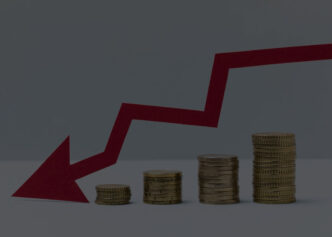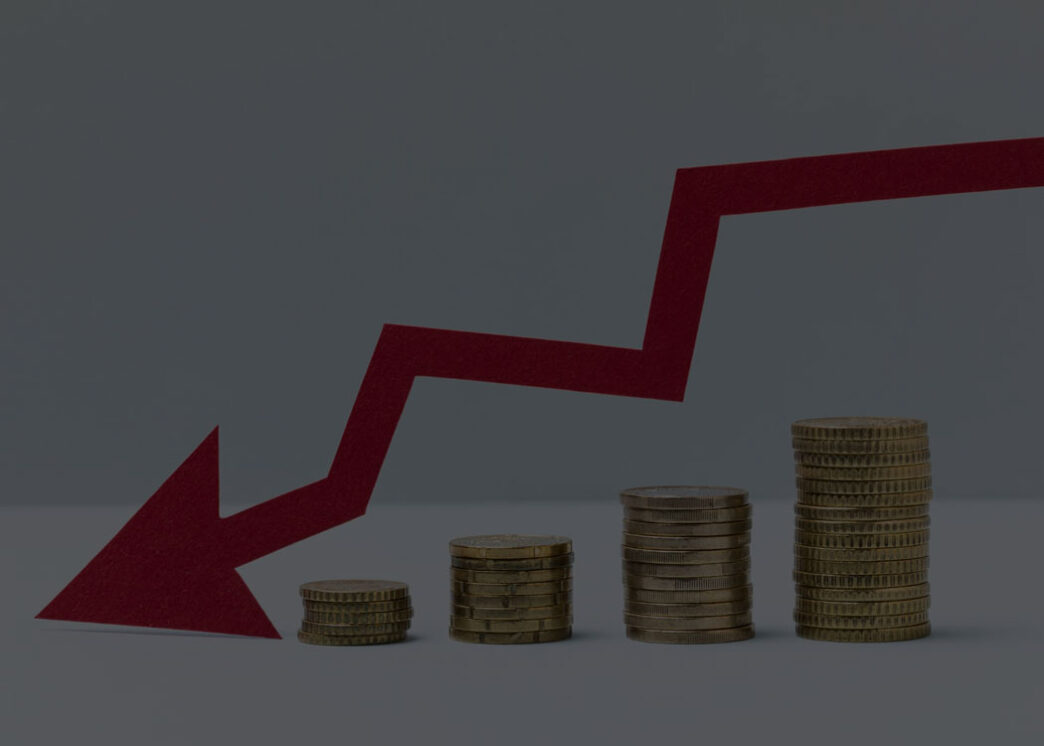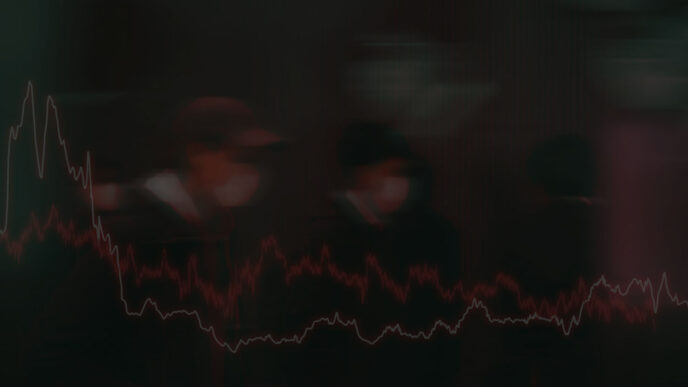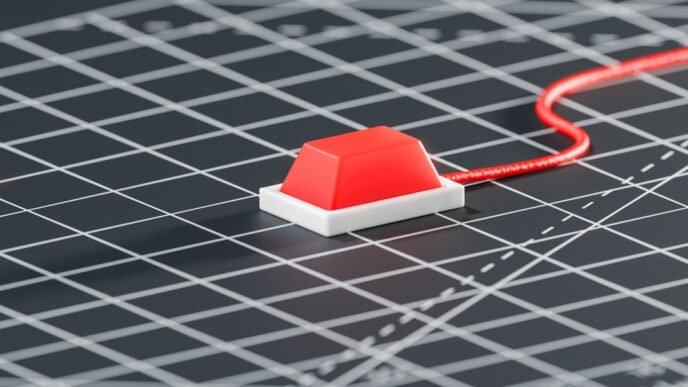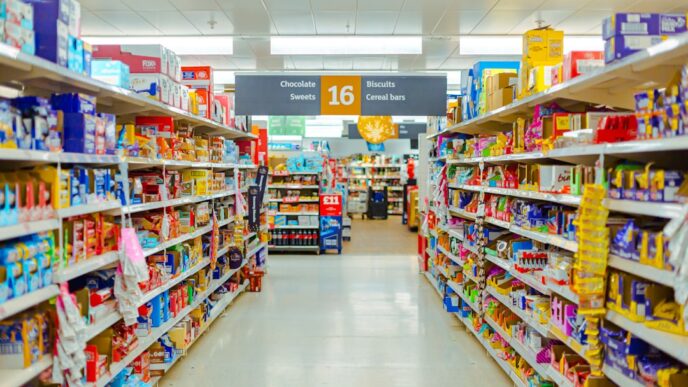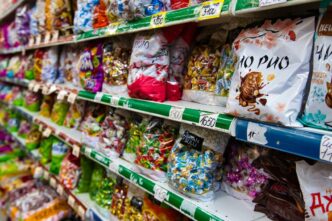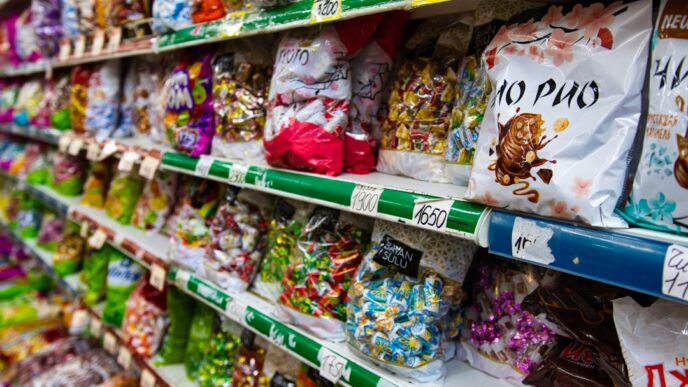Inflation plays a crucial role in influencing consumer behavior, as it impacts both purchasing power and spending habits. Understanding how inflation affects consumers is key to predicting market trends and overall economic health. This article explores the multifaceted relationship between inflation and consumer decisions, detailing how rising prices shape economic behavior across various sectors.
What Is Inflation?
Inflation is the rate at which the general level of prices for goods and services rises, causing purchasing power to decline. Central banks often manage inflation to ensure economic stability, usually targeting a moderate inflation rate to encourage spending rather than saving. However, when inflation becomes excessive, it can create uncertainty, affecting both businesses and consumers.
How Inflation Affects Purchasing Power
One of the most direct impacts of inflation is the erosion of purchasing power. As prices rise, the value of money decreases, meaning consumers can buy less with the same amount of money. This leads individuals to adjust their consumption patterns, prioritizing essential goods like food, housing, and healthcare, while reducing spending on discretionary items like luxury goods or entertainment. During periods of high inflation, many consumers may also delay significant purchases in the hope that prices will stabilize.
Shift in Consumer Spending Habits
Inflation can create both short- and long-term shifts in consumer behavior. In the short term, consumers may adopt cost-cutting measures, such as seeking out discounts or opting for cheaper alternatives to maintain their standard of living. In the long term, prolonged inflation may lead to more fundamental changes in consumer behavior, such as increased savings or investments in assets that are considered inflation-proof, like real estate or gold.
Moreover, inflationary periods can drive consumers to make bulk purchases of items they expect to increase in price. This “buy now” mentality can temporarily increase demand, further driving inflation as businesses respond to heightened consumer activity.
Behavioral Economics and Inflation
From a behavioral economics perspective, inflation tends to trigger an emotional response. People often feel the psychological pressure of higher prices and the diminishing value of their money. This can lead to behaviors such as panic buying, hoarding, or switching from premium brands to generic alternatives. The concept of “money illusion” — where individuals perceive nominal gains or losses in money without considering inflation-adjusted values — is also prominent during inflationary periods. Consumers may misjudge the real value of their earnings or savings, leading to distorted financial decisions.
Impact on Savings and Investments
As inflation increases, traditional savings become less attractive due to the erosion of real returns. Interest rates on savings accounts often fail to keep pace with inflation, meaning that the real value of money saved decreases over time. This encourages consumers to look for alternative investment options that might offer higher returns or are considered inflation-resistant. Assets such as stocks, bonds, or real estate tend to attract more attention during inflationary periods.
Additionally, inflation-linked financial products, such as Treasury Inflation-Protected Securities (TIPS) in the U.S., are designed to protect consumers’ purchasing power, offering a hedge against rising inflation. As inflation rises, interest in these products often grows.
Business Responses and Consumer Reactions
As businesses face increased costs due to inflation, they often pass these costs onto consumers by raising prices. This can create a vicious cycle where higher prices reduce demand, leading businesses to lower production, and eventually causing a slowdown in economic growth. However, businesses that manage to innovate and offer lower-cost alternatives can often thrive during inflationary periods, catering to cost-conscious consumers.
In turn, consumers may react by adjusting their loyalty. Brand loyalty may weaken as consumers opt for more affordable brands or products. This creates opportunities for businesses to capture new market segments by emphasizing affordability and value in their marketing.
Conclusion
Inflation is a powerful force in shaping consumer behavior, influencing everything from daily purchasing decisions to long-term financial planning. While inflation can prompt consumers to become more cautious and price-sensitive, it also opens up new avenues for businesses to adapt and meet changing consumer demands. By understanding how inflation affects behavior, both consumers and businesses can better navigate economic cycles, ensuring financial resilience in uncertain times.
